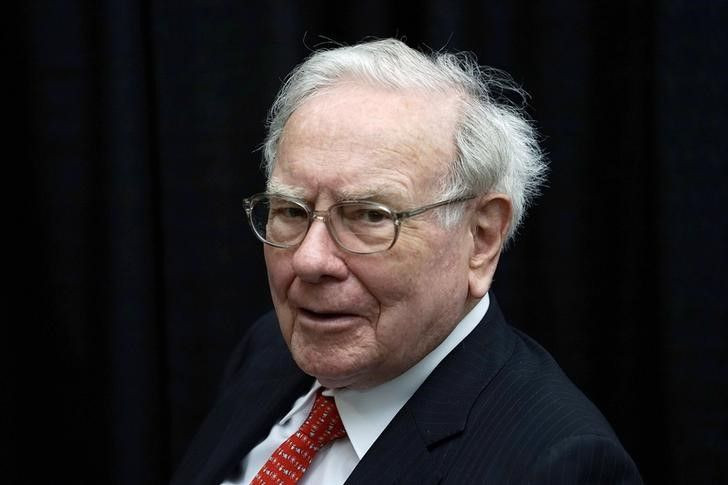What Is Precision Castparts Corp? 4 Reasons Warren Buffett's Berkshire Hathaway Is Paying $37B For A Parts Supplier

Warren Buffett's $37 billion megadeal to purchase Precision Castparts Corp. has some analysts wondering why the "Oracle of Omaha" is willing to make such a big bet on the aerospace supplier. The transaction -- the 84-year-old's biggest-ever takeover -- is somewhat uncharacteristic for Buffett's investment firm, Berkshire Hathaway Inc., which typically focuses on companies in, for instance, the food, insurance, energy and railroad sectors.
What Is Precision Castparts?
Precision Castparts is a supplier to the aircraft industry and one of only a few providers of large complex castings used in power turbines and jet engines to Airbus and Boeing. Specifically, the company supplies large sophisticated castings in complex components used in jet engines made by companies including General Electric Company, Rolls Royce and United Technologies Corporation.
The Oregon-based Precision Castparts, which had a market capitalization of $26.7 billion before the deal, earns 70 percent of its revenue suppling the aerospace industry, including commercial, business and military, while the rest of its sales are split between power generation applications (17 percent) and industrial applications (13 percent).
Here are all the reasons Warren Buffett is paying big
1. Berkshire looks for companies with powerful competitive advantages.
Berkshire can add another firm with an “economic moat” to its portfolio at a fair price, meaning Precision will likely keep its competitors at bay for an extended period.
Precision's advantages come from the high switching costs its customers incur to change suppliers of the critical components it produces. The company's customers are unlikely to switch to another supplier because it would be expensive and increase liability, notes Keith Schoonmaker, analyst at Morningstar.
2. Berkshire hunts big game.
Precision is a big industrial company that has 30,000 employees, 155 manufacturing sites and has produced $10 billion in revenue during its fiscal year ended March 2015. “This is the big game that Berkshire hunts for,” Schoonmaker says.
Berkshire was already one of the company’s biggest shareholders, with a 3 percent stake, as of March 31, 2015.
3. Precision Castparts has powerful leadership.
GE alumnus Mark Donegan joined Precision Castparts in 1985 and became CEO in August 2002. He has been instrumental in a continual push toward efficiency. “This is not leadership in need of a change, but somebody capable of continuing to manage the business under the Berkshire Hathaway umbrella,” Schoonmaker said.
4. Precision is on sale.
Precision Castparts, which also makes parts for the energy industry, has seen its shares tumble nearly 20 percent since January due to the slump in oil prices over the last year, and that’s something that doesn’t go unnoticed by Buffett. “He’s able to acquire a high-quality firm significantly cheaper than it would have been at the start of the year,” Schoonmaker said.
Although Wall Street may be concerned about weak organic growth because of the precipitous drop in energy prices, the oil and gas market represents only around 7 percent of the company’s total sales.
© Copyright IBTimes 2024. All rights reserved.





















